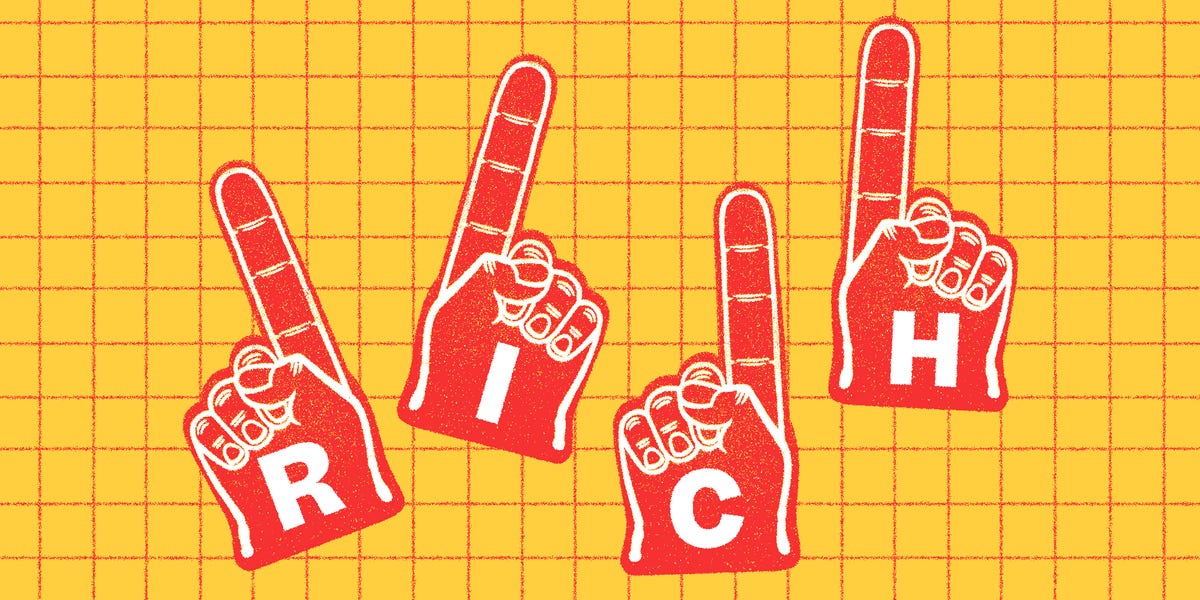Why Billionaires Might Be Your Unexpected Economic Lifeline in Turbulent Times

The American economy is riding a wave of luxury spending, with wealthy consumers playing a pivotal role in driving economic growth. However, this delicate balance hangs in a precarious position, as any significant pullback from high-income households could potentially trigger a recession.
Affluent Americans have been the economic powerhouse in recent months, their robust spending patterns injecting critical momentum into various sectors. From high-end retail and premium services to luxury travel and exclusive experiences, the spending habits of the wealthy have been propping up economic indicators and keeping the economic engine running.
But economists are now sounding a cautionary note. The potential for a sudden shift in spending behavior among these top-tier consumers could send shockwaves through the economic landscape. If wealthy Americans decide to tighten their belts—whether due to market uncertainties, investment concerns, or broader economic anxieties—the ripple effects could be substantial.
The risk is real: a dramatic reduction in high-end consumer spending could create a domino effect, potentially pushing the United States closer to a recessionary environment. This delicate economic dance underscores the significant influence that affluent consumers wield in maintaining economic stability and growth.
